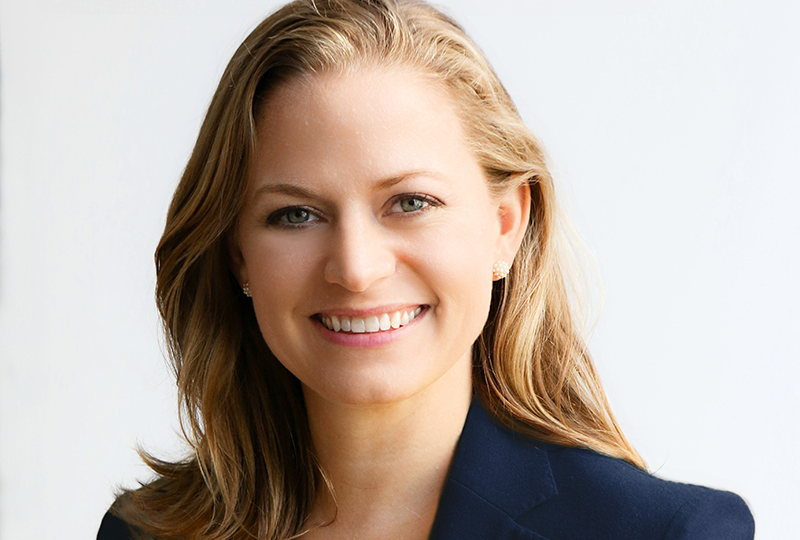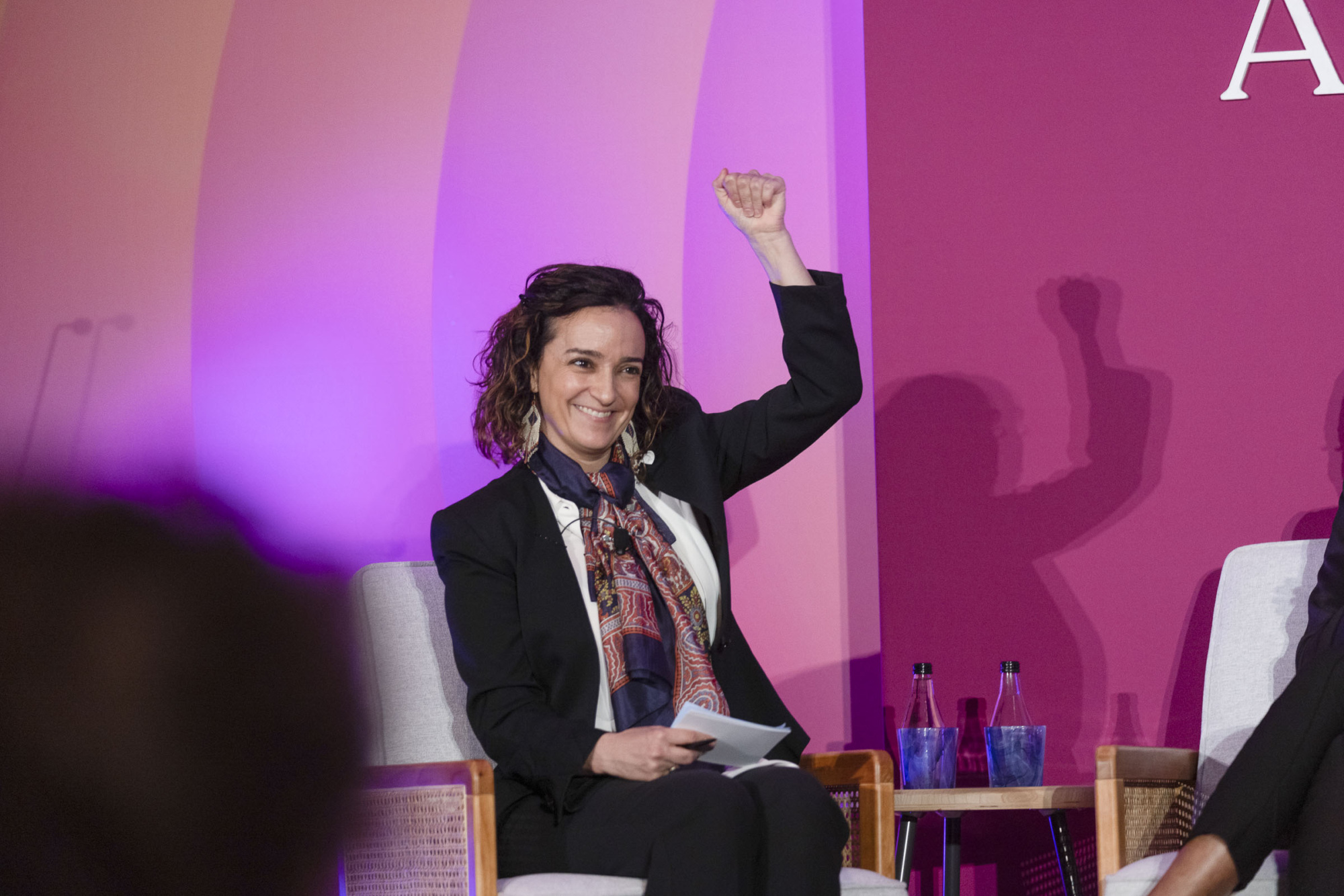This month, our Executive Director, Sarah Haacke Byrd, joined esteemed female leaders Jennifer Alcorn, Emilienne de León Aulina, Elizabeth Barajas-Román, Vanessa Daniel, Latanya Mapp Frett, Donna P. Hall, Surina Khan, Monique W. Morris, Ana Oliveira, Kavita Ramdas, and Teresa Younger in a collaborative interview piece by Forbes contributor Marianne Schnall. The piece, published on Forbes, features an interview with Sarah to talk about the role philanthropy can play during this moment and how our member community is responding to the moment in innovative ways. In the piece, Sarah reflects on the gravity of the current moment and shares how Women Moving Millions is responding and stepping up to be a positive force for change.
Sarah further explains how the pandemic has brought out structural inequalities that have always existed and expresses the need for a holistic approach. “The coronavirus pandemic has shone a bright spotlight on the racial and structural inequalities that are eroding our democracy and stoking historic unrest—a combustible mix of frustration, anger and despair. The traditional approaches to philanthropy that we have leaned upon to address our greatest challenges have proven insufficient. We must chart a different path. It is time to harness the potential of women’s philanthropy to be a positive force for change. Our approach at Women Moving Millions is grounded in the principles of feminist philanthropy: learning, listening, humility, empathy and collaboration. Feminist philanthropy challenges the power structures that have led to systemic oppression, exploitation and marginalization. Rooted in the spirit of partnership and trust, feminist philanthropists understand the need to share power and the importance of working holistically. As an approach, it recognizes the complex and colliding factors that marginalized communities face and the importance of working cross-issue and in cross-regional movements.” Read the full piece here.

